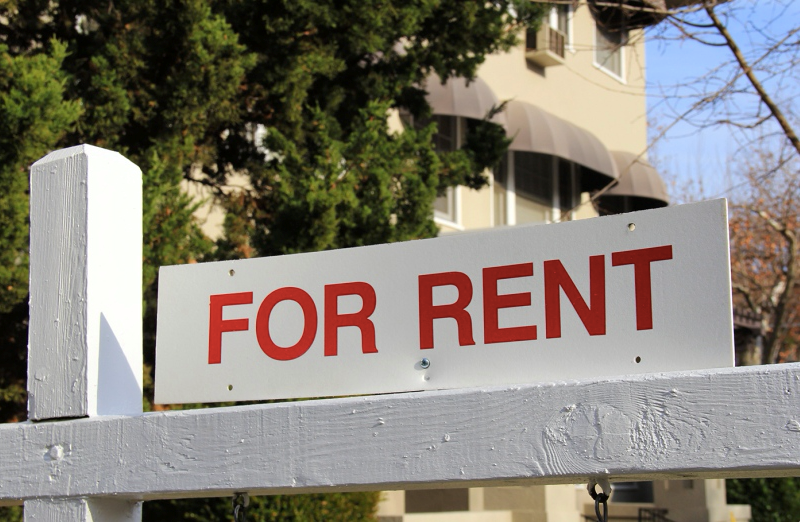Here is a simple adage when it comes to politics – if you’re going to make history and ruffle feathers, make sure you also get it right.
The City of New Westminster is learning this lesson the hard way after passing its bylaw aimed at protecting the city’s rental stock.
In January, council adopted a zoning amendment bylaw that designated 12 city-owned properties and six private properties for residential rental tenure. The city was the first B.C. municipality to apply to existing rental housing stock a new rental residential tenure zoning authority.
The city rightly received a lot of publicity over this historic decision. Tenants and affordable housing advocates praised the city’s move.
But not everyone was happy with New West. The owners of the buildings impacted by the change and representatives from the development industry argued there were inaccuracies in bylaw 8078 and asked the city at a public hearing to put the plan on hold for 90 days so there could be more consultation.
City council didn’t listen.
After council approved the zoning amendment bylaw, the registered owners of all six strata properties petitioned the Supreme Court of British Columbia to declare bylaw 8078 illegal and/or void, to impose an order quashing the bylaw and to pay costs of the legal action. They allege city staff had provided “false, incomplete and misleading information” in relation to the purpose and effect of Bylaw 8078 to both the petitioners and to tenants living in units in the six buildings.
A May 6 report to council states that letters from the city to owners and residents of the affected properties as part of the consideration of the bylaw 8078 “incorrectly stated that the effect of the bylaw would be to prevent the units from being individually marketed for sale.”
“The city does not have, through the enactment of zoning regulations, the authority to restrict the sale of stratified residential units, though other legislative tools exist to create such restrictions with the agreement of the property owners,” said the report. “The city has filed a response to the petition, which concedes the inaccuracy of this information.”
Ouch.
This blundering raises all sorts of questions, including if the city rushed all of this through in order to be the first in B.C.
The city and its politicians had to know this bylaw would be challenged in court. They needed the entire process to be airtight and they failed. We’ll see if the city’s actions to fix these errors will be enough because there is a lot at stake.
In the meantime, New West politicians need to ask hard questions of their staff about how this happened and how they will ensure it doesn’t happen again.



